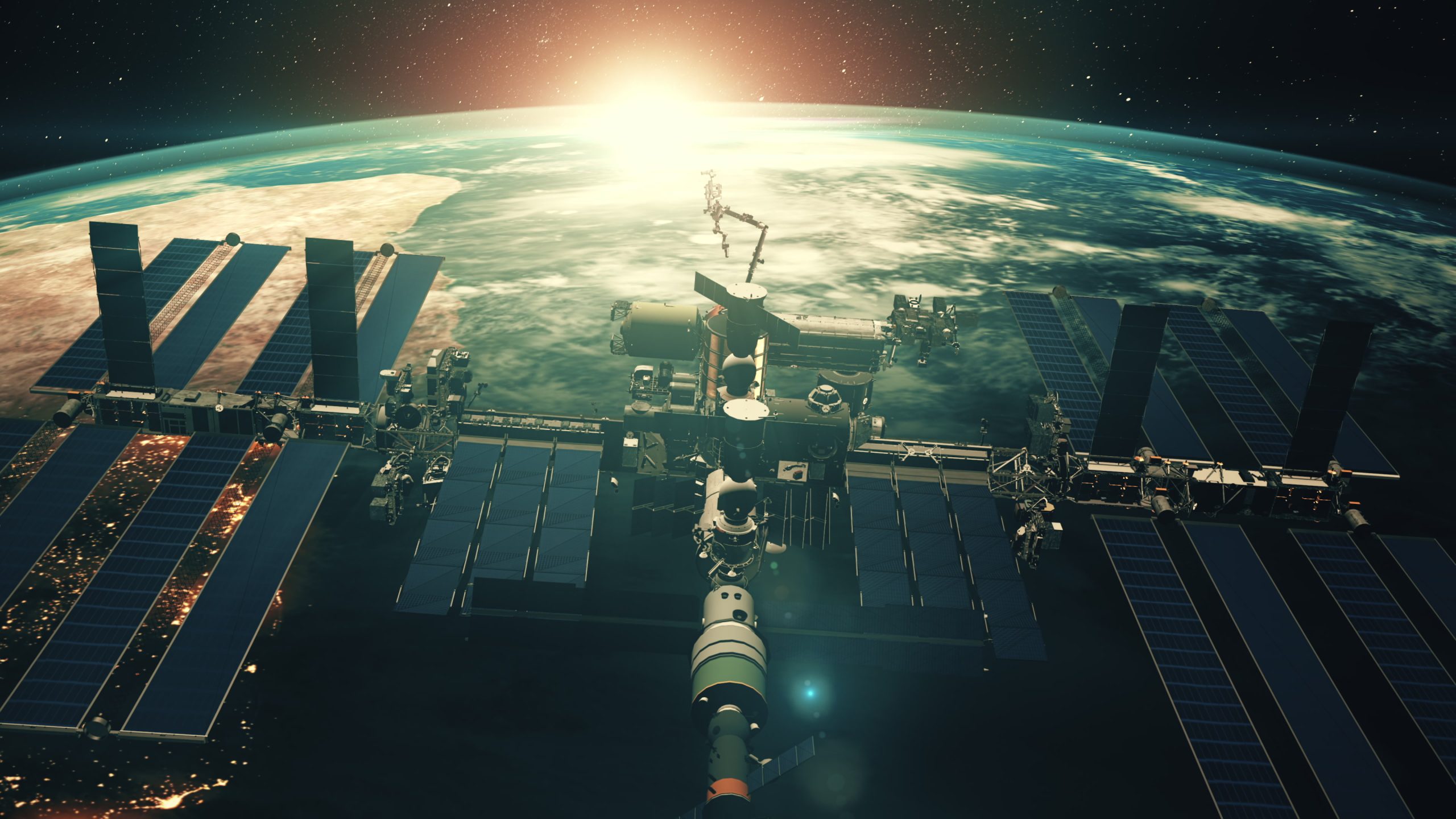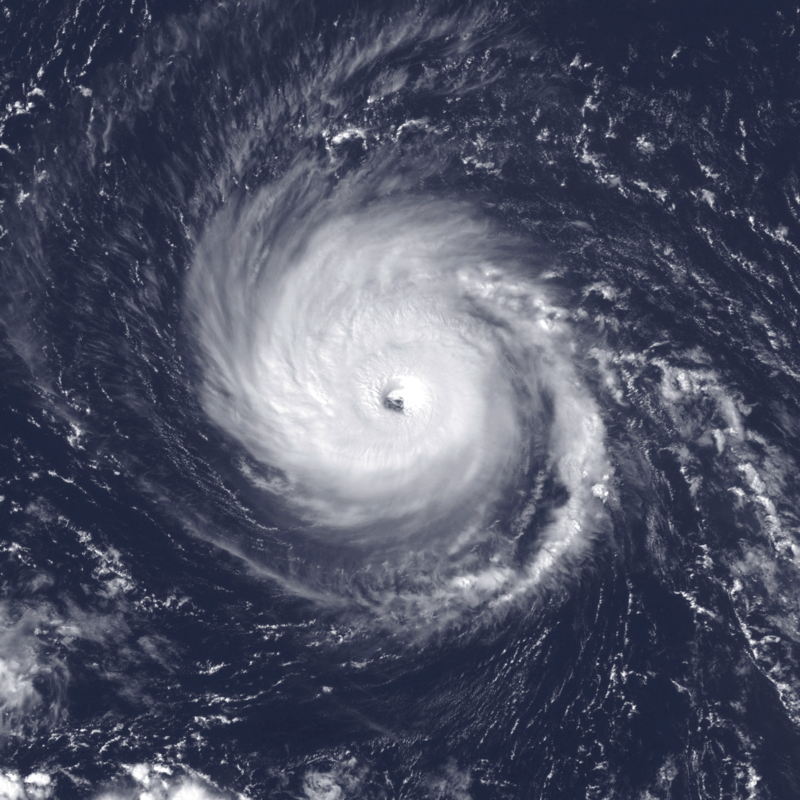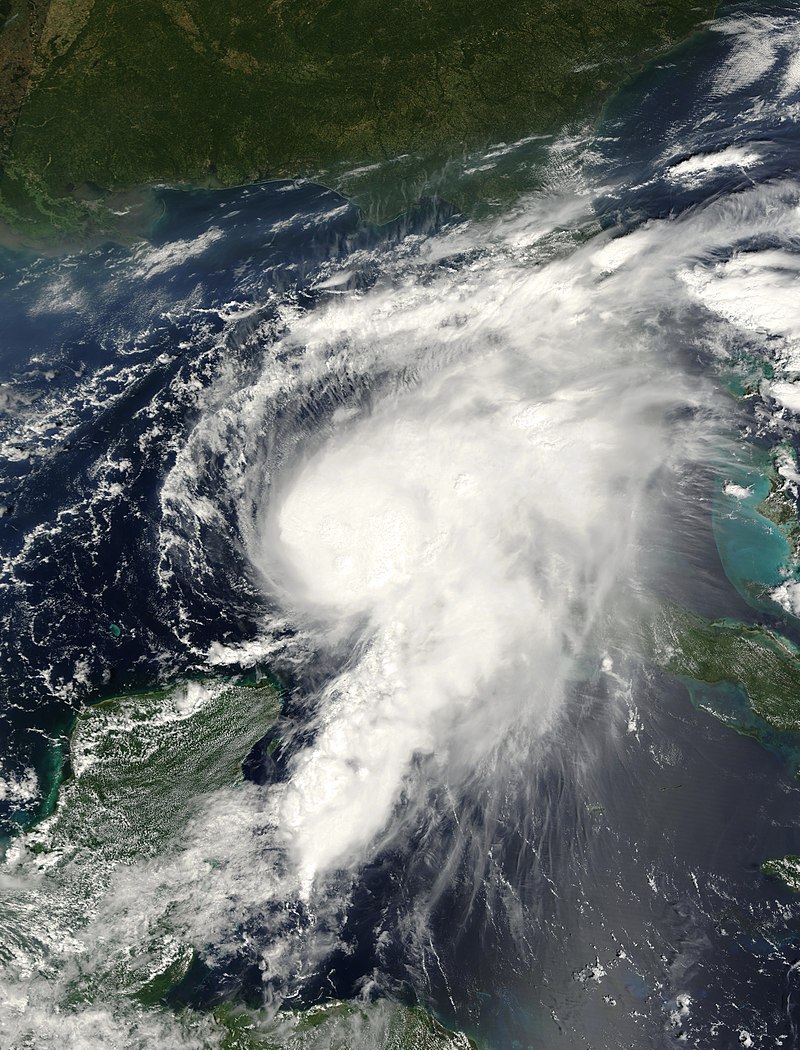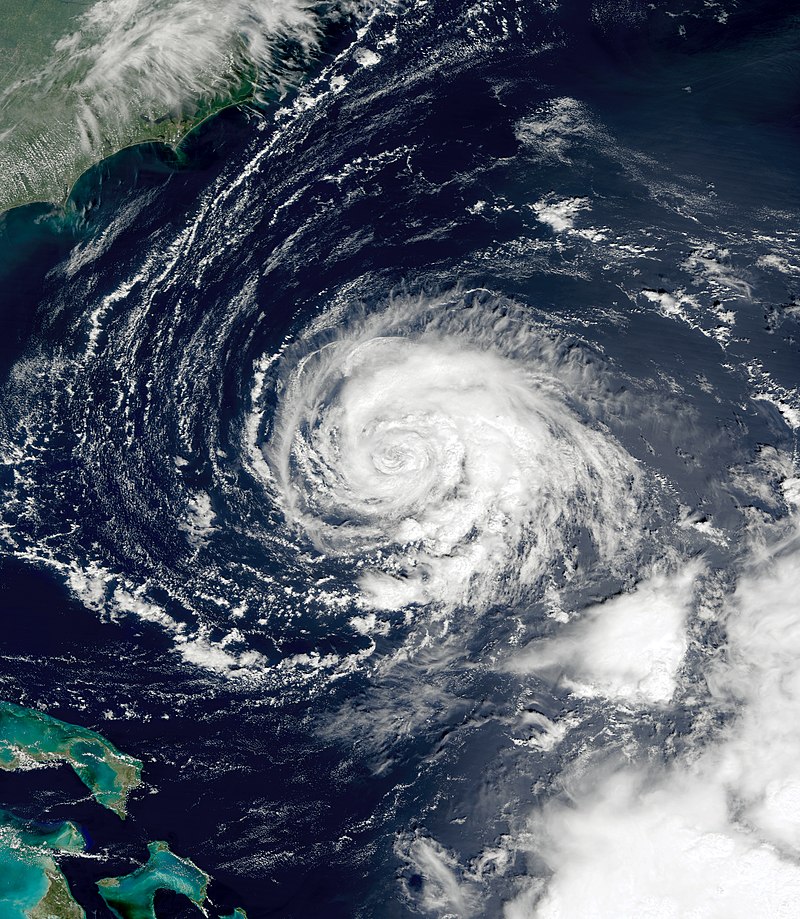Are you curious about what’s going on in space right now? Well, prepare to have your mind blown because the current International Space Station (ISS) mission is nothing short of amazing! Can you believe humans are currently living and working in space? It’s truly a remarkable feat, and the ISS continues to break records with each passing day.
If you’re like us, then you love staying up-to-date on all things related to space exploration. The current ISS mission is no exception. In this article, we’ll dive deep into what the ISS is doing right now and how it’s contributing to our understanding of our universe. So sit back, relax and let’s blast off into this exciting adventure together!
What is the current international space station mission?
As of August 2021, the current international space station mission is Expedition 65. The ISS serves as a microgravity and space environment research laboratory, with scientists from around the world conducting experiments in fields such as biology, physics, and astronomy.
The six-member crew of Expedition 65 includes astronauts from both NASA and Roscosmos (the Russian Space Agency). This mission is focused on continued scientific research and maintenance of the space station itself.
During their time on the ISS, crew members will conduct experiments related to human physiology in space, study Earth’s climate patterns and weather systems, test new technologies for use in future space travel, and much more. They will also perform regular maintenance tasks to ensure that the ISS remains a safe and functional base for future missions.
It’s worth noting that while Expedition 65 is ongoing at present, there are always plans underway for future missions to the international space station. As humanity continues to explore beyond our planet into the depths of space, this important facility plays a crucial role in advancing our understanding of what lies beyond our atmosphere.
What discoveries have been made from the ISS?
The International Space Station has been continuously occupied by astronauts since November 2000, making it a valuable research base for conducting experiments in microgravity.
One of the biggest discoveries from the ISS is the effect that space travel has on human biology. Astronauts have helped researchers better understand how prolonged exposure to microgravity affects bone and muscle mass, cardiovascular health, immune function, and psychological well-being. These findings will be helpful for future long-duration missions.
Another area of research on the ISS is Earth observation. From its vantage point in low-Earth orbit, the station can capture images and data about our planet’s surface features, weather patterns, and environmental changes over time. This data can help scientists better understand climate change and natural disasters like hurricanes or wildfires.
The ISS also serves as a platform for testing new technologies that could be used for future space exploration missions. For example, NASA has tested a prototype habitat module that could house humans during deep-space missions beyond Earth’s orbit.
Overall, the ISS mission provides an essential opportunity to conduct scientific research in space that would not be possible on Earth.
Who directs the international space station from mission control?
The International Space Station is directed from various mission controls around the world, with primary control based in Houston, Texas at NASA’s Johnson Space Center. The teams responsible for directing the ISS mission work around the clock to support the astronauts on board and ensure that everything runs smoothly.
These mission control centers are equipped with advanced technology that allows them to communicate with the ISS base in real-time and monitor all aspects of its operations. They have access to data from sensors, cameras, and other monitoring devices installed throughout the space station to keep a close eye on everything happening onboard.
In addition to NASA’s Mission Control in Houston, there are several other organizations involved in directing the ISS mission. These include Roscosmos (Russia), JAXA (Japan), CSA (Canada), and ESA (Europe). Each organization has their own dedicated teams of specialists who work together closely to coordinate activities and ensure overall success of each international space station mission.
Transition: Now that we know who directs the ISS from mission control let’s explore some of the discoveries made from this remarkable space station.




Leave a Reply